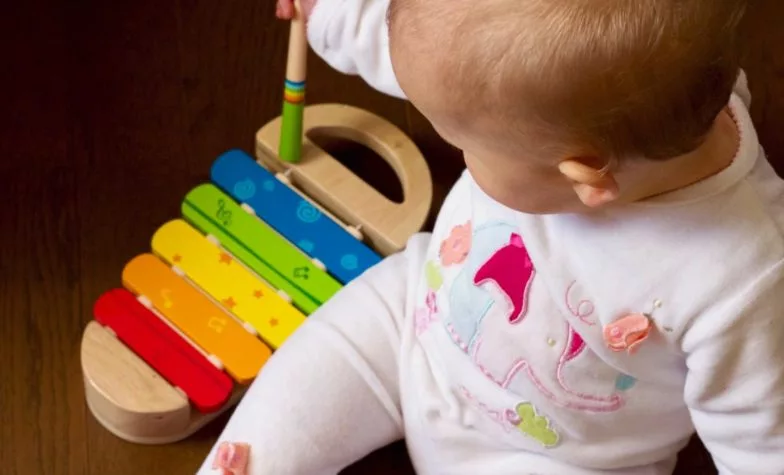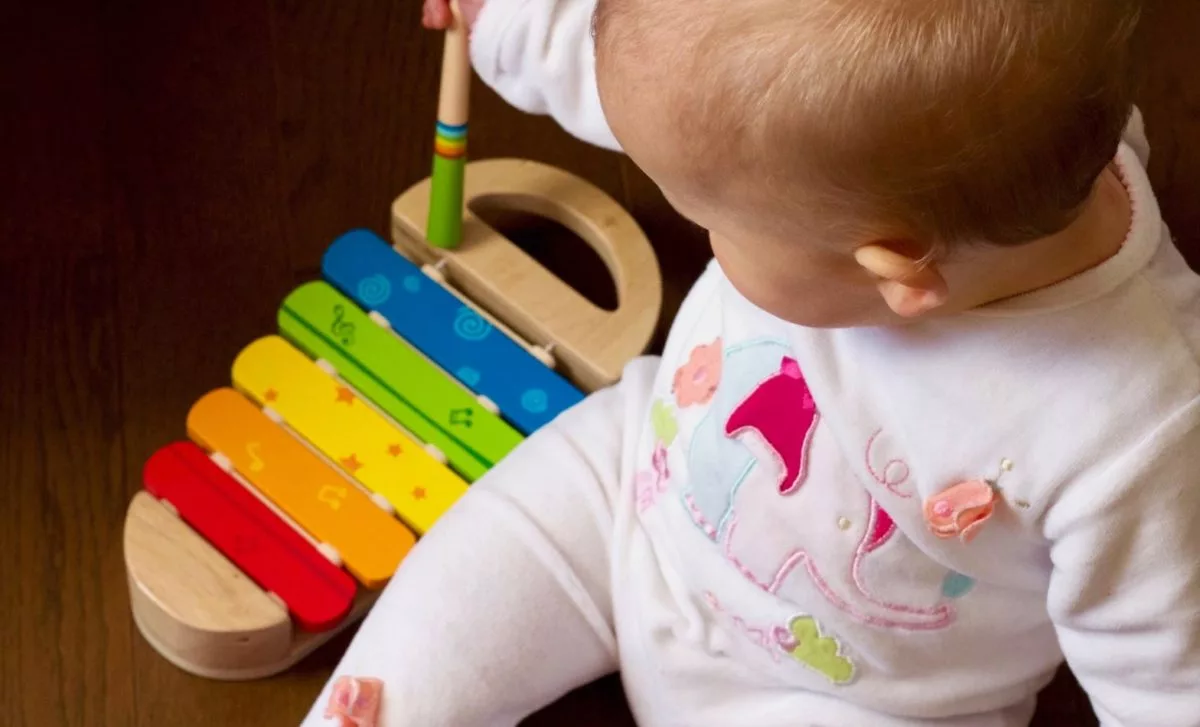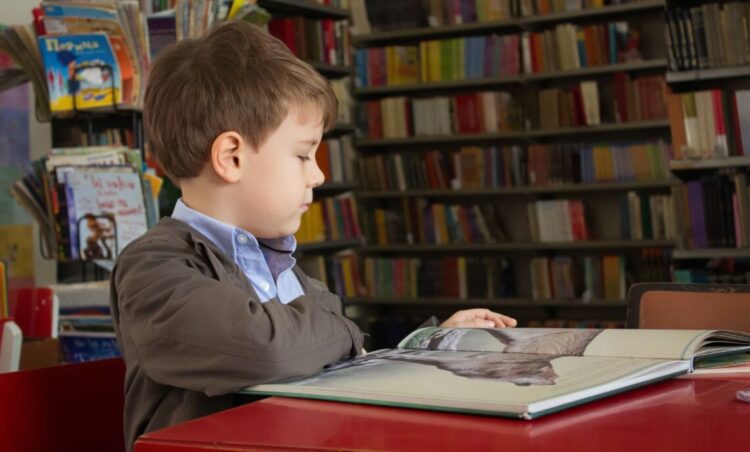Settling into Childcare or Transitioning Rooms


Written for Only About Children by Dr Kaylene Henderson, Child Psychiatrist and Parenting Expert. In her recent virtual workshop for the Grow With Us Parenting Series, Kaylene explored the topic of settling into Childcare or transitioning rooms.
Starting out in a new childcare environment can be an exciting, yet nerve-wracking experience for both you and your child. Whether it’s your child’s first time in childcare, or your child is moving into a new room within their centre, here are some practical tips that can help make this transition as smooth as possible:
- Orientation: The key to a settled start is building familiarity, so make the most of any orientation opportunities on offer. These provide a wonderful way for your child to become familiar with their new room, routine, classmates and their educator, ahead of time.
- Talk about what’s to come: Young children understand language long before they can use it themselves, so talk to your infant or young child as much as you can about all the new experiences that await them.
- Foster a strong bond between your child and their educator: Your child will feel much more settled once they develop a trusting, warm, nurturing relationship with their educator, so make this a priority. Consider taking a photo of your child with their educator together and popping this on your fridge door, allowing them to become a familiar face in your home.
- Practise through play: We know that children learn through play, so play out situations that your child might find challenging, using play characters or role play. Consider practising how they might ask to join in with others, or ask for help from their teacher; Perhaps they might benefit from practising sleeping in a new environment, or even saying goodbye to you in the mornings. The more you can practise these new tasks in this way, the more quickly they will achieve a sense of mastery over their new environment.
- Pack familiar items: Familiar toys or blankets can provide a sense of security and comfort to your child as they settle in
- Communication: It’s important to establish a means of helpful two-way communication with your child’s educator team. Be sure to share information about your child’s likes, dislikes, interests and routines, and feel free to ask about their day and how they’re settling in.
- Encourage new relationships: Consider whether it might help to arrange play dates or park plays with your child’s new classmates as they form new friendships (You might even form some wonderful new friendships too!)
- Take time to connect: It can be hard to prioritise this at the end of a busy day, but your child will need a little bit of time to cuddle, connect with and play with you. Consider whether you have the option to prep meals ahead of time and put off checking your phone or work emails until after your child has had a chance to regroup.
- Anticipate regression: As children adapt to big life changes, it’s normal for their development to take a step back before charging forward again. You might find that your previously toilet-trained toddler has started wetting the bed at night again; or that your little one has started waking up at night, despite previously sleeping through. These regressions can last a few weeks as your child adapts to their ‘new normal’ and in the meantime, they simply need your patience, understanding and cuddles.
- Keep your emotions in check: Our children are like barometers of household tension. If we’re feeling highly anxious about this new beginning, chances are they’ll pick up on this and feel nervous too. If we’re feeling guilty, they’ll assume that they’re heading into a less-than-ideal situation and take longer to settle. No doubt you’ve tried hard to make the best choice for your child and your family. It’s time to see this change for the wonderful new opportunities it will bring and to share this positive outlook with your child.
Starting in a new childcare centre or room can feel like a big change for your child (and let’s face it, for you too!). It can often take several weeks for your child to adapt to their ‘new normal’, but with a little preparation and patience, they will soon be thriving. You’ve got this.
For more great reading:
Tackling Unhealthy Thinking Habits in Young Children – Perfectionism
Only About Children can help your child to grow, make friends and explore the world.
Only About Children can help your child to grow, make friends and explore the world.
Related Reads


Advice For Selecting The Best Primary School For Your Child
Starting school for the first time is a huge moment in the life of your child, but also for you and your family! Finding the school that is the right fit for your family can be the first hurdle in this process. Here are some helpful tips to ensure that you choose the school that is the right one for you and your child:

The 5 Biggest Changes Starting “Big School”
The change from a prior to school setting to a primary school setting can be daunting and take some getting used to in the early weeks and months of your child starting. Here are some of the 5 biggest changes to expect when moving to primary school
